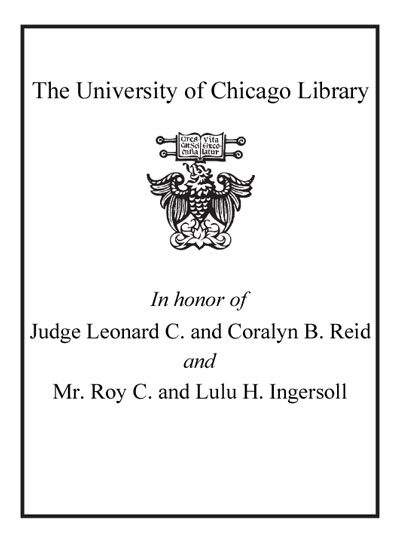Review by Choice Review
According to the papers in this conference, the reasons that American political analysis ascribes to the mutual antagonism between religion and liberalism are generally mistaken for both sides. To say that liberals mistrust religion because it is a threat to religious liberty or that religious citizens mistrust liberals because they are marginalized by them as a threat to democracy is to misunderstand the terms of the contemporary debate. One of the main focuses of the papers is a discussion of the liberalism of reasoned respect, as exemplified especially by John Rawls and Robert Audi. This concept holds that there is a set of values and principles that reasonable people can publicly endorse and that these underlie that society's political arrangements. The application of religious values and principles to this pluralistic scene is understood as causing social and political instability. Several of the papers challenge these views, asking for greater clarification of the assumed values of "civility" that go beyond understanding it as the free exercise of political power based solely on reasons of justice or constitutionality. Understanding this as a theory of society's political capital, Coleman and Hollenback especially argue for what can be called "civic democracy," namely, that this kind of capital accumulation depends on the vitality of secondary associations in society, which includes churches, especially those that have "fully internalized the synthesis of religion and the values of liberty." Highly recommended. R. W. Rousseau; University of Scranton
Copyright American Library Association, used with permission.
Review by Choice Review

